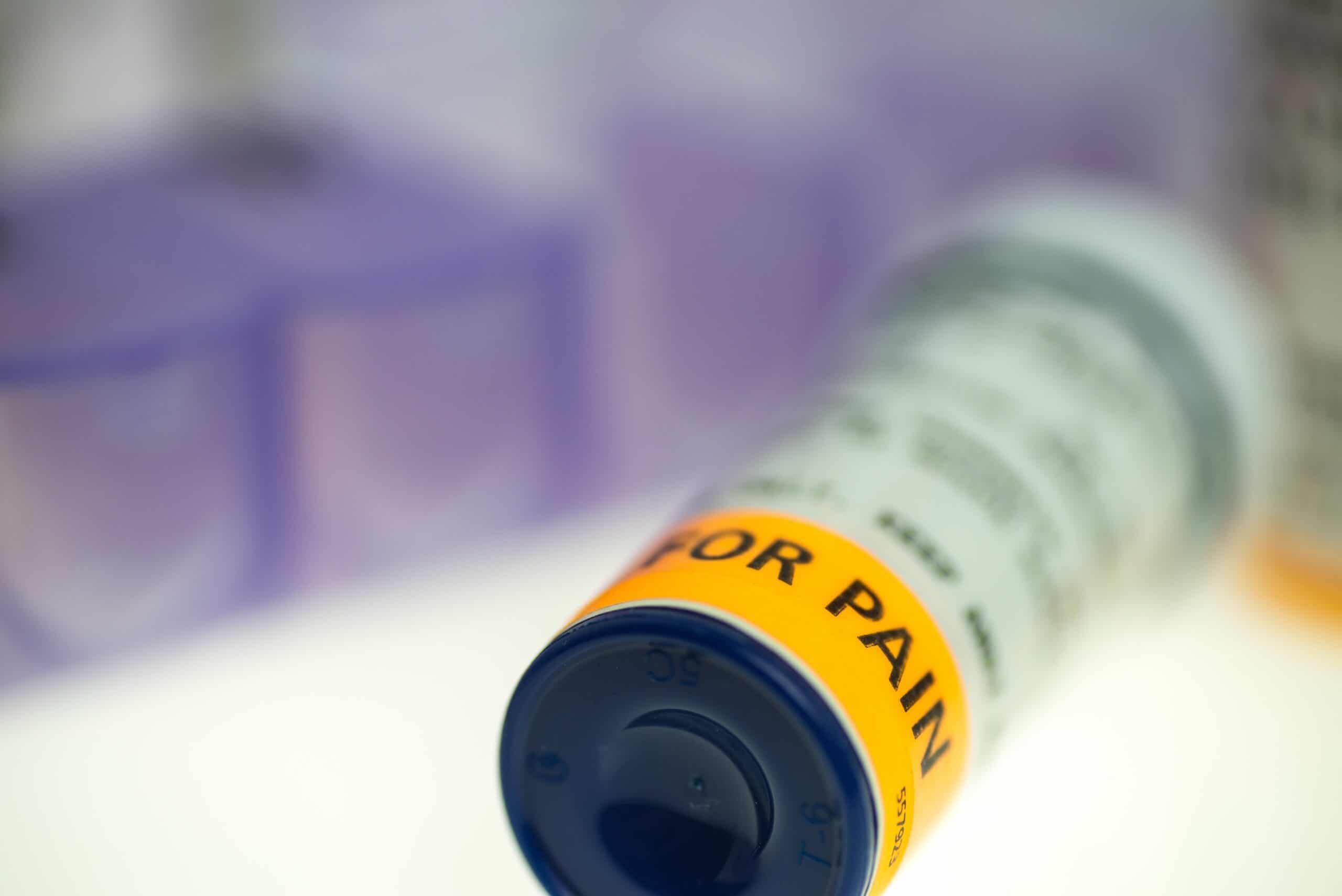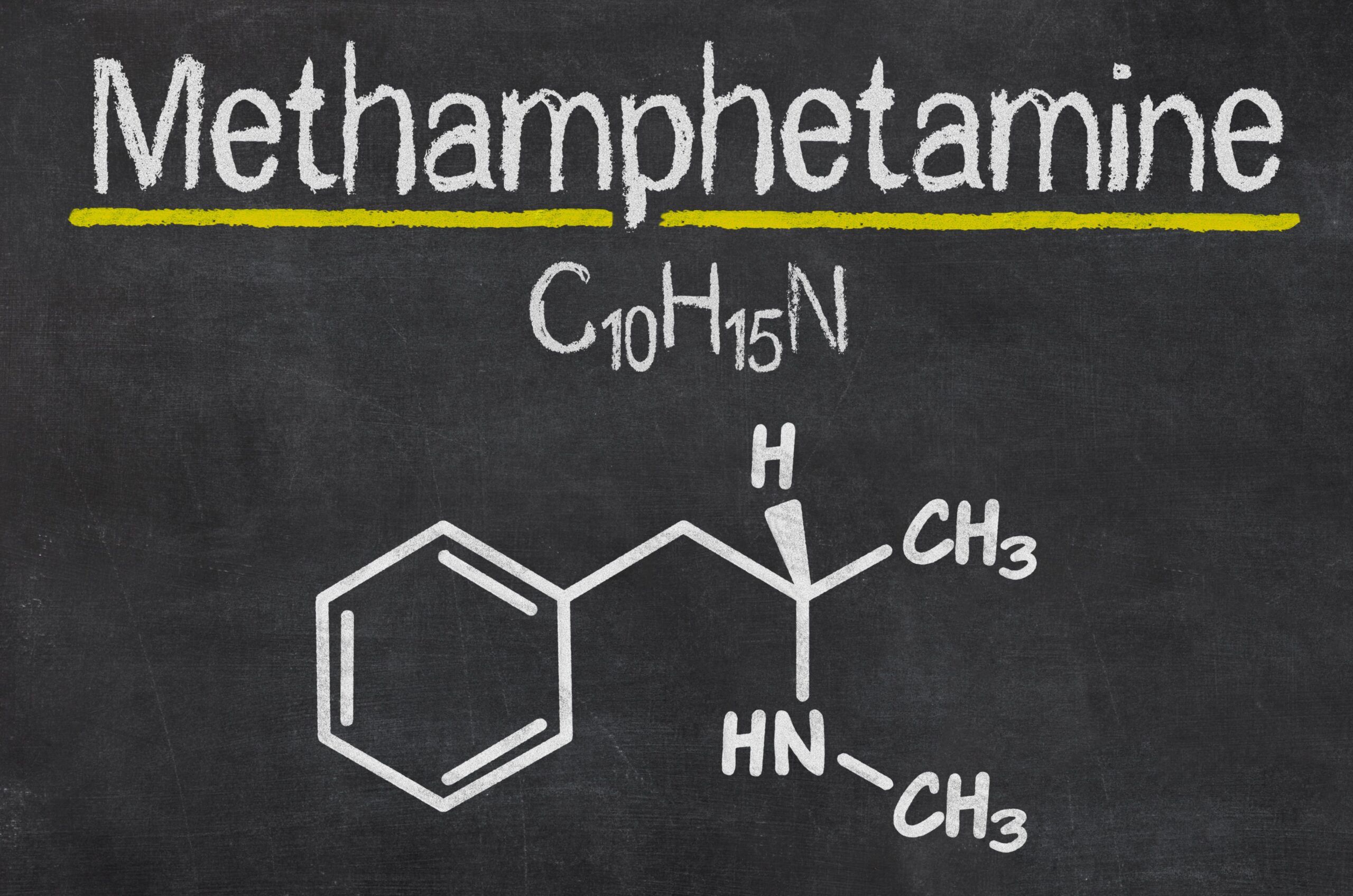28 Addiction & Mental Health Resources For Asian American College Students
Mental health and addiction, formerly known as substance abuse, issues have been rising among Asian American college students in recent years. Studies have shown that this population faces unique challenges and barriers when it comes to seeking help for mental health and substance abuse issues, which may contribute to the high rates of mental health problems and substance abuse among Asian American college students.
One study found that Asian American college students are more likely to experience symptoms of depression and anxiety than their non-Asian American peers. This is likely due to a number of factors, including cultural and linguistic barriers, lack of access to culturally sensitive mental health services, and stigma surrounding mental health and substance abuse in the Asian American community. Additionally, Asian American college students may experience added stressors such as pressure to succeed academically and financially and pressure to meet the expectations of their families and communities.
Another study found that Asian American college students are also at a higher risk for substance abuse than their non-Asian American peers. This may be due to the fact that Asian American college students may feel more pressure to fit in with their peers, and may turn to substance abuse as a way to cope with stress and social pressures. Additionally, there may be a lack of information and resources available to Asian American college students on the dangers of substance abuse, which may also contribute to the high rates of substance abuse among this population.
Despite these challenges, there has been a recent increase in awareness and attention to the mental health and substance abuse issues facing Asian American college students. Many universities and colleges have begun to offer culturally sensitive mental health services, and there has been a push to increase awareness and education on the importance of mental health and substance abuse among Asian American college students. Additionally, there are now more resources available to Asian American college students, including support groups and counseling services that are culturally sensitive and tailored to the unique needs of this population.
It’s clear that mental health and substance abuse issues continue to be significant concerns among Asian American college students. However, there is hope for improvement as awareness and resources for this population continue to increase. It is important for universities and colleges, as well as the broader community, to continue to address these issues and provide support for Asian American college students in order to improve their mental health and well-being.

Mental Health Resources for Asian American College Students
- 988 Suicide & Crisis Lifeline: Dial 988 to be connected with a crisis counselor anytime, anywhere in America.
- Asian Mental Health Collective: This is a nonprofit organization that helps connect Asian Americans with culturally competent therapists and mental healthcare providers all over the country.
- Asian American Psychological Association: This is an academic institution that works to improve mental health awareness among Asian Americans and also provides access to mental healthcare. Their website’s resource tab has a variety of resources, both for people struggling with mental health issues as well as Asian American students who are studying psychology.
- Mental Health America – Asian American / Pacific Islander Communities and Mental Health: Mental Health America is a nationwide nonprofit that works to improve awareness about, and access to, mental health services across the country. Their page on AAPI mental health provides information and resources for Asian Americans of all ages.
- National Asian American Pacific Islander Mental Health Association: This association is devoted to providing access to mental health resources that are specifically tailored to the mental health needs of Asian Americans. Their resource page contains dozens of helpful resources for all kinds of mental health services.
- South Asian Americans Leading Together (SAALT): This organization works to create a community of changemakers within the Asian American community. Their website provides information and links to several different multimedia projects.
- American Academy of Adolescent & Child Psychiatry: This is a national organization whose website provides a helpful resource page containing an Asian American and Pacific Islander Resource Library.
- Public Health Institute: Their page on Supporting Asian Youth in Mental Health and Wellness provides a top-down view of the mental health challenges facing Asian American youth today.
- Asian Counseling and Referral Service: This is a directory that can help Asian Americans get in touch with culturally competent counselors and therapists all across the country.
Addiction Recovery Resources for Asian American College Students
- FindTreatment.gov: This website is provided by SAMHSA and can connect anyone with substance abuse treatment services anywhere in the country.
- Association of Asian Pacific Community Health Organizations: This is a collective of community service organizations all across the country that provide a resource guide for Asian Americans struggling with substance abuse.
- The SAFE Project: The SAFE Project has compiled a resource guide for Asian Americans that provides over a dozen resources, including those for substance abuse issues.
- NAPAFASA: This is an advocacy organization that works to improve access to substance abuse and gambling addiction treatment for Asian Americans.
- California State University Asian American and Pacific Islander Student Resource Guide: This resource guide was published by CSU, although it contains dozens of resources from all across the country.
- Stanford SUPER: This page from Stanford is a part of their Substance Use Programs Education & Resources (SUPER) program and provides a variety of information for students struggling with substance abuse or mental health issues.
- Asian American Health Initiative: Provided by Montgomery County, Maryland, this website provides a wide range of resources for Asian Americans struggling with substance abuse or mental health issues.
- AACI: This is a California-based nonprofit, although they provide resources for people all across the country.
Helpful Videos, Articles, and Podcasts for Asian American College Students
- Vogue – 5 Asian-Founded Wellness Resources: This article by Vogue details 5 different resources for Asian Americans to help them maintain positive mental wellness.
- EveryMind.org: This page provides information for Asian Americans and several videos in different languages, including Chinese, Hindi, Korean, Urdu, and Vietnamese.
- Misfortune Cookies Podcast: This podcast is by Asian Americans, for Asian Americans and recounts stories of mental health recovery.
- Asian Nation: This website is packed full of information and stories of recovery from substance abuse, mental health struggles, gambling addiction, trauma, and more. They also provide links to dozens of different resources for Asian Americans who may be struggling with any of these issues.
- The Zoe Report: This article titled “7 Mental Health & Wellness Resources That Support Asian-American Communities” provides 7 useful resources that can help Asian Americans both young and old.
- UC Davis: Provided by the UC Davis Student Health & Counseling Services, this page contains dozens of helpful resources for Asian American students.
Social Media Accounts for Asian American College Students
- Asian Mental Health Project: This Instagram account is aimed at making mental healthcare more accessible for Asian Americans.
- The Mind Health Spot: Created by Vancouver-based therapist Laura Lu, this account provides inspirational and mental health-focused content geared toward young Asian Americans.
- Misfortune Cookies: This is the Instagram account for the podcast of the same name and posts inspiring stories of mental health struggles and recovery.
- Project Lotus: This social media account aims to destigmatize mental health within the Asian American community by sharing stories of struggle and hope.
- Asians Do Therapy: This account is normalizing therapy within the Asian American community by sharing stories of how it has helped many people who thought they were beyond hope.









